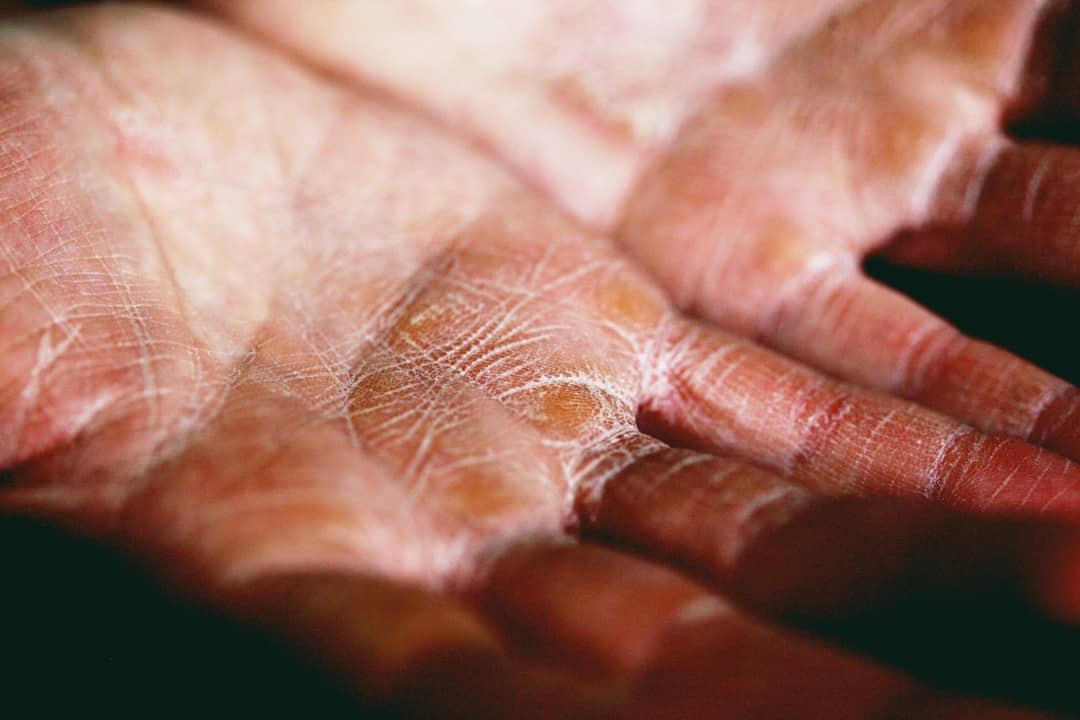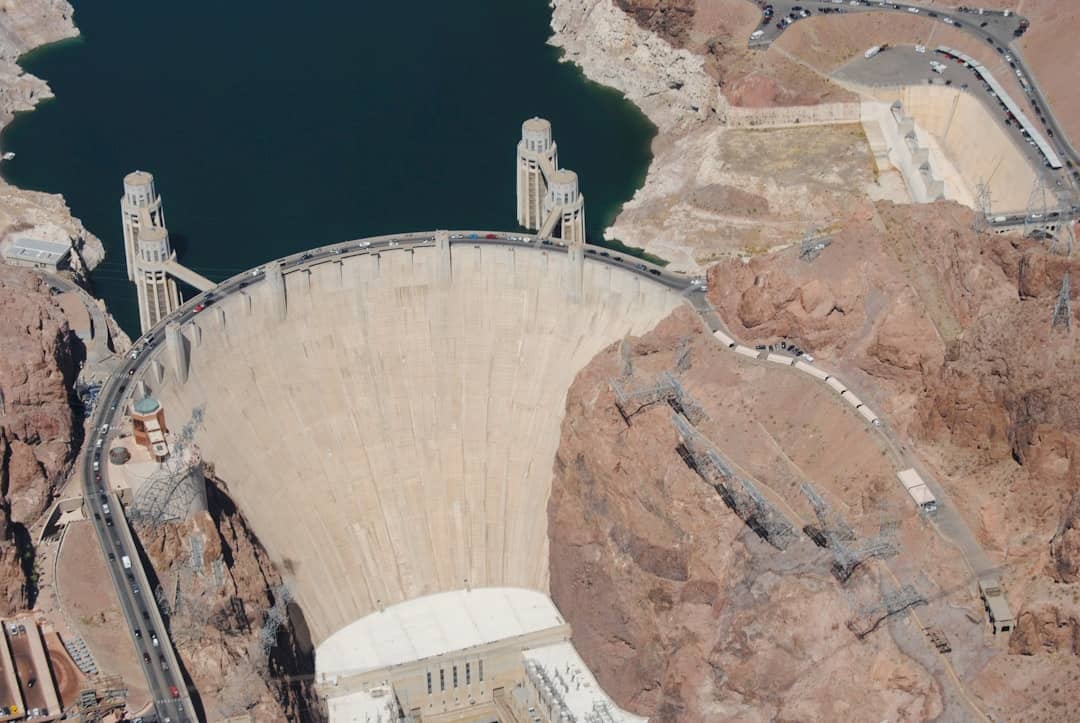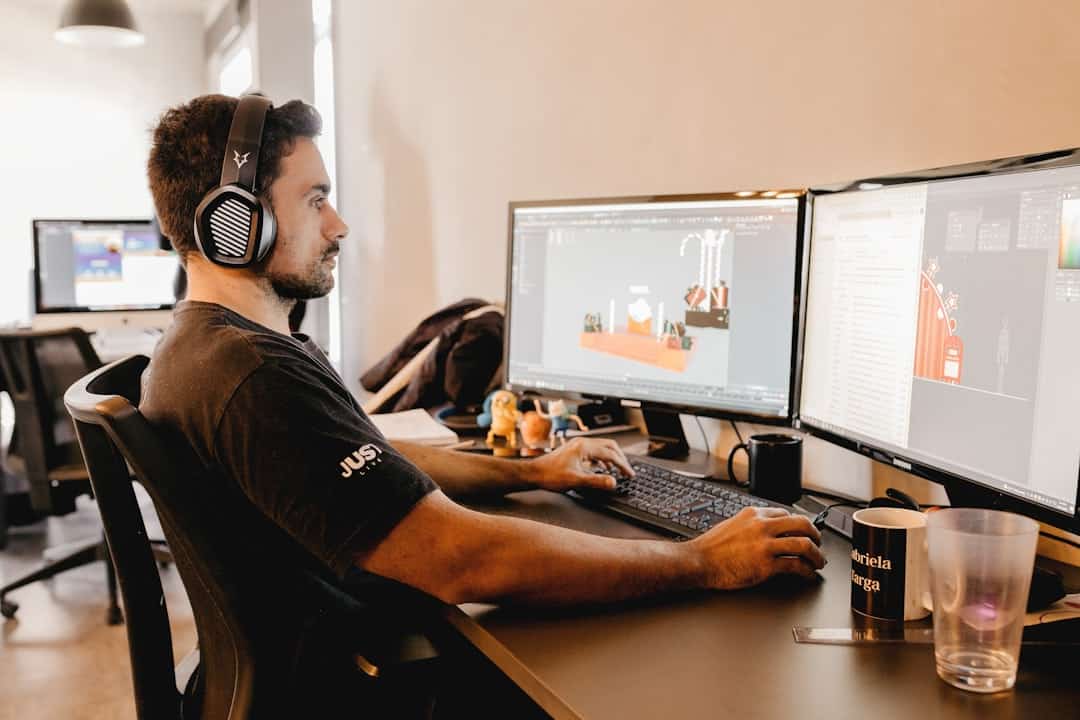The concept of the metaverse has rapidly evolved from a mere speculative idea into a tangible digital reality, where virtual environments serve as platforms for social interaction, commerce, and entertainment. Within this expansive digital landscape, a curious phenomenon has emerged: the notion of “metaverse spirits.” These entities, often likened to ghosts or supernatural beings, are said to inhabit virtual spaces, leaving users to ponder the implications of their presence. As individuals increasingly immerse themselves in these digital realms, the intersection of technology and the supernatural raises intriguing questions about existence, consciousness, and the nature of reality itself.
The metaverse, with its ability to create immersive experiences, has become a fertile ground for exploring themes of life after death, memory, and the human psyche. As users navigate through these virtual worlds, they often report encounters that defy conventional understanding. These experiences can range from eerie sensations and unexplained phenomena to direct interactions with what they perceive as digital spirits.
The allure of these encounters lies not only in their uncanny nature but also in their ability to evoke deep-seated fears and fascinations regarding mortality and the unknown. The metaverse serves as a modern-day canvas for age-old tales of hauntings and spectral presences, inviting users to engage with their fears in a safe yet thrilling environment. This article delves into the multifaceted world of metaverse spirits, examining the digital hauntings that occur within these virtual realms and the cultural implications they carry.
Key Takeaways
- Metaverse spirits are digital entities that exist in virtual worlds, often resembling traditional ghosts or paranormal phenomena.
- Digital hauntings in virtual worlds involve unexplained occurrences, eerie experiences, and sightings of ghostly figures within the metaverse.
- Virtual paranormal activity is on the rise, with more reports of strange and unexplained events occurring in digital spaces.
- Uncovering the mystery of metaverse ghosts involves exploring the origins, behaviors, and potential implications of these digital entities.
- The concept of a digital afterlife raises questions about the existence and nature of consciousness in virtual environments, and the potential for a new form of existence after death.
Exploring Digital Hauntings in Virtual Worlds
Digital hauntings in virtual worlds present a unique blend of technology and folklore, where traditional ghost stories are reimagined through the lens of modern digital culture. Users often report experiences that mirror classic ghostly encounters—such as feeling an inexplicable chill or witnessing objects move without cause—yet these occurrences unfold within the confines of a virtual environment. The phenomenon raises questions about the nature of reality and perception; if a user feels a presence in a digital space, does it hold the same weight as a haunting in the physical world?
This intersection of technology and spirituality invites a deeper exploration of how human emotions and experiences translate into virtual interactions. Moreover, the concept of digital hauntings challenges our understanding of memory and legacy in an increasingly digitized society. In many cases, users create avatars that represent their identities within these virtual spaces, leading to questions about what happens to these digital personas after their creators depart from the platform.
The idea that an avatar could become a vessel for a lingering spirit or memory adds layers of complexity to our understanding of existence in both physical and virtual realms. As users share stories of encounters with metaverse spirits, they contribute to a growing narrative that intertwines technology with age-old beliefs about life after death, ultimately reshaping our perceptions of both.
The Rise of Virtual Paranormal Activity

As the metaverse continues to expand, reports of virtual paranormal activity have surged, capturing the attention of both enthusiasts and skeptics alike. Users have begun documenting their experiences with what they believe to be metaverse spirits, leading to a burgeoning subculture dedicated to exploring these phenomena. This rise in interest can be attributed to several factors, including advancements in virtual reality technology that enhance immersion and realism.
As users don headsets and enter these digital realms, they often find themselves more susceptible to emotional responses, making encounters with supposed spirits feel all the more tangible. The proliferation of social media platforms has also played a significant role in amplifying these reports. Users can easily share their experiences with a global audience, fostering communities that discuss and analyze encounters with metaverse spirits.
This collective sharing not only validates individual experiences but also creates a sense of camaraderie among those who have encountered similar phenomena. As stories circulate online, they contribute to an evolving narrative about the nature of existence within the metaverse, blurring the lines between reality and fiction. The rise of virtual paranormal activity reflects a broader cultural fascination with the unknown and the ways in which technology can reshape our understanding of life, death, and everything in between.
Uncovering the Mystery of Metaverse Ghosts
The mystery surrounding metaverse ghosts is deeply intertwined with human psychology and our innate desire to understand the unknown. As users engage with virtual environments, they often project their fears and beliefs onto their experiences, leading to interpretations that may not align with traditional definitions of ghostly encounters. This psychological aspect is crucial in unpacking the phenomenon; what one person perceives as a ghostly presence may simply be an emotional response to an immersive experience.
The ambiguity surrounding these encounters invites further investigation into how our minds interpret stimuli within digital spaces. Additionally, the concept of metaverse ghosts raises philosophical questions about identity and existence in a digital age. If avatars can embody aspects of their creators’ personalities or memories, what does it mean for those avatars to persist after their creators have moved on?
The idea that a digital entity could carry remnants of human consciousness challenges our understanding of life and death. As researchers delve into this mystery, they must consider not only technological advancements but also the profound implications for human identity in an increasingly interconnected world.
The Concept of a Digital Afterlife
The notion of a digital afterlife has gained traction as more individuals engage with virtual environments that allow for self-expression and connection beyond physical limitations. In this context, the idea posits that one’s digital footprint—comprising social media profiles, online interactions, and even virtual avatars—could serve as a form of legacy that persists long after physical existence ceases. This concept raises profound questions about what it means to “live” in a digital age; if memories and experiences can be preserved online, do we continue to exist in some form after death?
The metaverse offers a unique platform for exploring these existential questions, allowing users to navigate spaces that blur the lines between life and afterlife. Moreover, the digital afterlife concept invites discussions about grief and remembrance in contemporary society. As families and friends gather online to commemorate loved ones who have passed away, they often turn to virtual spaces as places for reflection and connection.
This shift toward digital memorialization highlights how technology can facilitate ongoing relationships with those who are no longer physically present. In this way, the metaverse becomes not just a space for entertainment but also a realm for exploring themes of loss, memory, and continuity beyond death.
Investigating Reports of Hauntings in the Metaverse

Investigating reports of hauntings within the metaverse requires a multidisciplinary approach that encompasses technology, psychology, and cultural studies. Researchers are increasingly drawn to this phenomenon as they seek to understand how users interpret their experiences within virtual environments. By analyzing user testimonies and employing qualitative research methods, scholars can gain insights into the emotional and psychological factors that contribute to perceptions of paranormal activity.
This investigation often reveals patterns in user experiences that suggest shared cultural narratives surrounding ghosts and hauntings. Furthermore, technological advancements play a crucial role in shaping these investigations. Virtual reality tools enable researchers to recreate environments where users have reported encounters with metaverse spirits, allowing for controlled studies that examine user reactions in real-time.
By simulating these experiences, researchers can better understand how environmental factors—such as lighting, sound design, and spatial layout—contribute to feelings of unease or otherworldliness. This empirical approach not only enriches our understanding of digital hauntings but also informs broader discussions about human interaction with technology.
Debunking Myths and Misconceptions about Metaverse Spirits
As interest in metaverse spirits grows, so too do myths and misconceptions surrounding their existence. One prevalent myth is that all reported encounters are genuine manifestations of supernatural entities; however, many experiences can be attributed to psychological phenomena such as pareidolia—the tendency to perceive familiar patterns or images where none exist—or heightened emotional states induced by immersive environments. By debunking these myths, we can foster a more nuanced understanding of what users experience within virtual worlds.
Another common misconception is that metaverse spirits are inherently malevolent or dangerous. While some narratives may depict encounters as frightening or unsettling, many users report positive or neutral interactions with these entities. This diversity in experiences highlights the importance of context; just as physical hauntings can vary widely in nature, so too can encounters within digital spaces.
By addressing these misconceptions head-on, we can cultivate a more informed dialogue about the complexities of human experience in relation to technology and spirituality.
The Future of Ghosts in the Virtual World
Looking ahead, the future of ghosts in the virtual world is likely to evolve alongside advancements in technology and shifts in cultural attitudes toward death and memory. As virtual reality becomes increasingly sophisticated, users may find themselves engaging with more lifelike representations of spirits or even interactive narratives that allow them to explore themes of loss and remembrance in profound ways. This evolution could lead to new forms of storytelling that challenge traditional notions of mortality while providing opportunities for healing and connection.
Moreover, as society grapples with the implications of digital legacies and afterlives, we may see an emergence of platforms specifically designed for memorialization within virtual spaces. These platforms could offer users unique ways to honor loved ones while fostering community connections around shared experiences of grief. In this context, ghosts may not only serve as reminders of loss but also as symbols of continuity—representing the enduring impact individuals have on one another even after physical separation occurs.
Ultimately, the future of ghosts in the virtual world promises to be rich with possibilities for exploration, reflection, and connection as we navigate our ever-evolving relationship with technology and existence itself.
If you’re intrigued by the concept of supernatural occurrences within digital realms, as discussed in “Ghosts in the Metaverse: Can Spirits Haunt Virtual Worlds?”, you might find the exploration of “Parallel Worlds in the Megaverse: Fact or Fiction?” equally fascinating. This article delves into the theoretical existence of multiple, overlapping digital universes and the implications of such environments on our perception of reality and the supernatural. To explore this further, you can read the article here.
FAQs
What is the Metaverse?
The Metaverse is a collective virtual shared space, created by the convergence of virtually enhanced physical reality and physically persistent virtual reality.
What are ghosts in the Metaverse?
Ghosts in the Metaverse refer to the idea of spirits or entities from the afterlife haunting virtual worlds or digital spaces.
Can spirits haunt virtual worlds?
There is no scientific evidence to support the idea that spirits can haunt virtual worlds. The concept of ghosts in the Metaverse is largely based on speculation and folklore.
What are some theories about ghosts in the Metaverse?
Some theories suggest that if spirits exist, they may be able to interact with digital technology and manifest in virtual spaces. However, these theories are not supported by scientific evidence.
How do people perceive ghosts in the Metaverse?
Some people may perceive ghosts in the Metaverse as a fun and imaginative concept, while others may believe in the possibility of spiritual presence in virtual worlds. However, these perceptions are largely based on personal beliefs and experiences rather than scientific evidence.











Leave a Reply